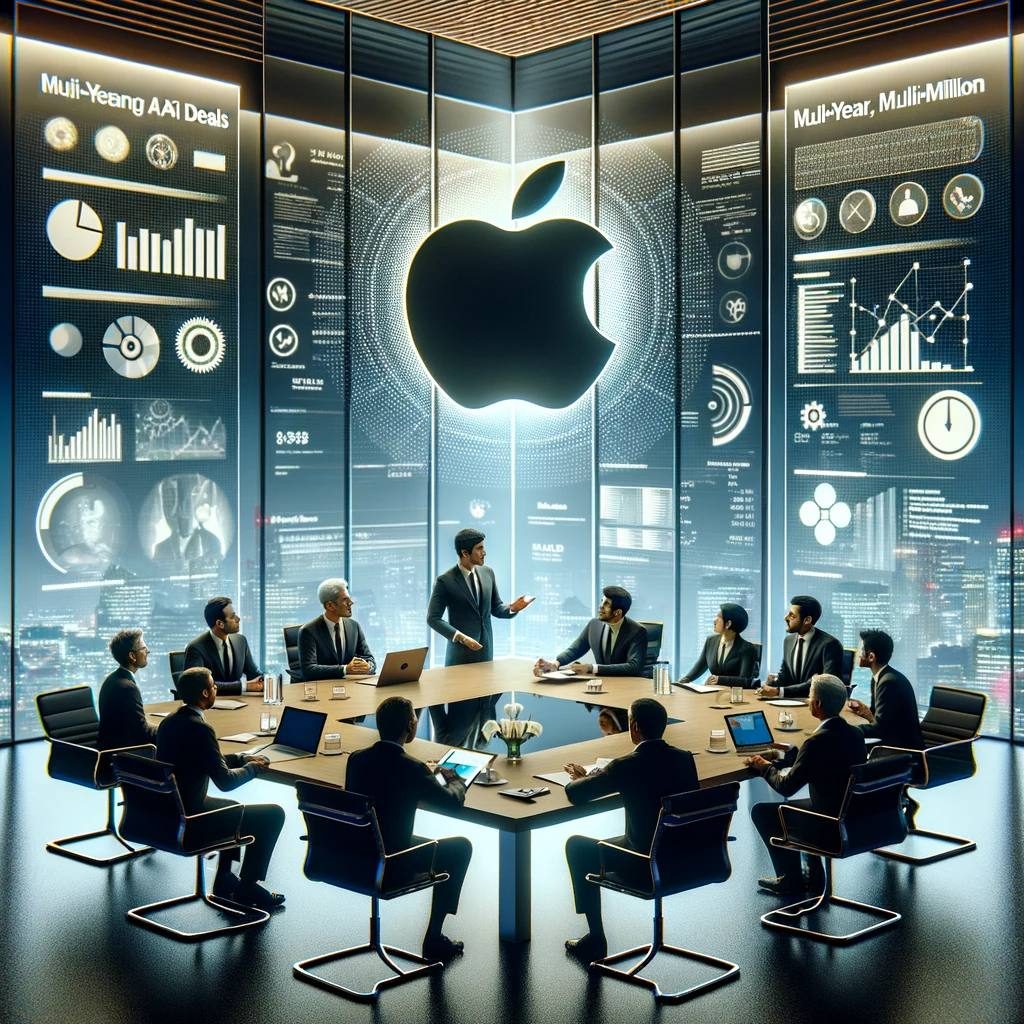With the advent of OpenAI’s ChatGPT platform in late 2022, generative artificial intelligence (AI) has captured the imagination of the public and attracted significant private investment. This technology has spurred discussions about its potential and the challenges it presents, particularly in the realm of intellectual property and regulation.
The IP conundrum:
Generative AI, exemplified by models like ChatGPT, raises important questions about intellectual property (IP) rights. When asked about IP rights, ChatGPT clarifies that it doesn’t hold any, but acknowledges the complexities of IP laws that can vary by jurisdiction. This highlights a significant challenge as AI-generated content becomes more prevalent. Existing IP norms may struggle to keep up with the technology’s capabilities and the diverse interpretations of IP laws across different regions.
Regulating generative AI: A complex task
“Regulating Generative AI: The Six Storylines of 2023,” an eBook by CPI, emphasizes the complexity of regulating this groundbreaking technology. It outlines key challenges and considerations that regulators, globally, must address.
Balancing innovation and regulation:
Many experts advocate for a nuanced approach to AI regulation. They stress the importance of striking a balance between enabling innovation and safeguarding against potential harms. It’s essential for regulations to be adaptable and not overly restrictive, as stifling innovation could hinder the full realization of AI’s potential.
Intellectual property and AI:
The emergence of generative AI presents challenges to existing intellectual property regimes. It’s a paradigm shift reminiscent of the invention of copy-and-paste functions in word processing. AI-generated content blurs the lines of authorship and ownership, making it difficult to apply traditional copyright norms. The varying interpretations of IP laws across jurisdictions further complicate matters. As a result, there is a pressing need to revisit and adapt IP laws to accommodate AI-generated content.
Diverse applications and regulatory Cchallenges
Generative AI finds applications in a wide range of industries, from content generation to healthcare and beyond. This diversity poses a unique challenge in establishing uniform regulations across sectors. However, experts propose that regulators should focus on creating adaptable, technically informed frameworks. Such frameworks would consider the potential impacts of AI across various domains, allowing for a more holistic approach to regulation.
The emergence of generative AI, as exemplified by platforms like ChatGPT, has ushered in an era of unprecedented creativity and complexity. As AI-generated content becomes more prevalent in our daily lives, it is clear that a careful balance must be struck between fostering innovation and ensuring responsible regulation. The challenges surrounding intellectual property and the diverse applications of generative AI require a forward-thinking and adaptable regulatory framework that transcends geographical boundaries.
In the coming years, the world will closely watch how regulators navigate this complex landscape. The future of generative AI depends on the ability of policymakers to craft regulations that harness its potential while addressing potential pitfalls. As the technology continues to evolve, so too must our approach to governance, ensuring that generative AI remains a powerful force for positive change in the world.





